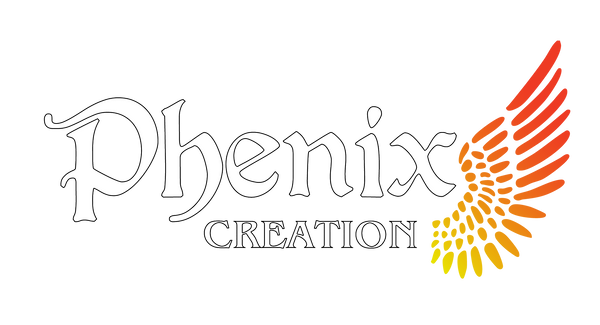THE HISTORY OF THE OUIJA BOARD
The History of The Ouija Board
 The story of the Ouija board is a fascinating tale involving several key figures and twists of fate. It has captured the imaginations of people around the world for decades, with its mysterious and sometimes eerie reputation. Its origins date back to the late 19th century, and its evolution and cultural impact have been significant. In today's blog, we will be taking a detailed look at the history of the board's development and exploring the controversies and cultural significance surrounding it to provide a deeper understanding of its mass enduring appeal.
The story of the Ouija board is a fascinating tale involving several key figures and twists of fate. It has captured the imaginations of people around the world for decades, with its mysterious and sometimes eerie reputation. Its origins date back to the late 19th century, and its evolution and cultural impact have been significant. In today's blog, we will be taking a detailed look at the history of the board's development and exploring the controversies and cultural significance surrounding it to provide a deeper understanding of its mass enduring appeal.
A Deep Dive Into Ouija Board’s Origins:
There are plenty of people involved in turning the Ouija board game into the massive, cultural phenomenon it is today. Let’s go through the story in its original chronological order to have a better understanding of how Ouija came to be.The Origin of the Mystical Spirit Board: Charles Kennard and E.C. Reiche
 Charles Kennard was a Baltimore businessman with a keen sense for the mystical and paranormal. He collaborated with cabinet and coffin manufacturer E.C. Reiche in 1890 to improve the design of an enigmatic spirit board that enables people to communicate with their departed loved ones. Though Kennard is frequently given credit for the invention, Reiche—being the skilled carpenter between the two—probably created the initial iteration of the board and the heart-shaped planchette that became its iconic pointer.
Charles Kennard was a Baltimore businessman with a keen sense for the mystical and paranormal. He collaborated with cabinet and coffin manufacturer E.C. Reiche in 1890 to improve the design of an enigmatic spirit board that enables people to communicate with their departed loved ones. Though Kennard is frequently given credit for the invention, Reiche—being the skilled carpenter between the two—probably created the initial iteration of the board and the heart-shaped planchette that became its iconic pointer.
The Medium with the Message: Helen Peters
Helen Peters was a powerful spiritual medium with a wealth of knowledge in dealing and interacting with the spirits and entities of the beyond. Her role was essential in demonstrating the actual potential of the board and was important in persuading the doubting patent authorities of the spirit board's efficacy through the patent application demonstration. During the demonstration, the board allegedly named itself "Ouija," claiming the word meant "good luck." Helen Peters' expertise and the success of the demonstration played a significant role in the popularization of the Ouija board later on as a tool for communicating with the spirit world. This historical event marked a turning point in the acceptance and understanding of spiritual communication, showcasing the potential for bridging the gap between the living and the departed. With its enigmatic origins and mysterious capabilities, the board continued to intrigue and fascinate people around the country, thanks to Helen Peters' pivotal involvement in its early recognition.The Legal Protector: Elijah Bond's Patent Prowess
By applying for a patent in 1891, lawyer and inventor Elijah Bond significantly contributed to the Weegee board's legal status. His business and legal knowledge was crucial in turning the idea behind the board from a revolutionary notion into a protected and viable product. The Ouija board is now a legally protected and commercially recognized product thanks to Bond's special blend of legal expertise and inventive flair. His actions in the late 19th century not only solidified the board's place in history but also set the stage for its enduring presence in popular culture and folklore.
